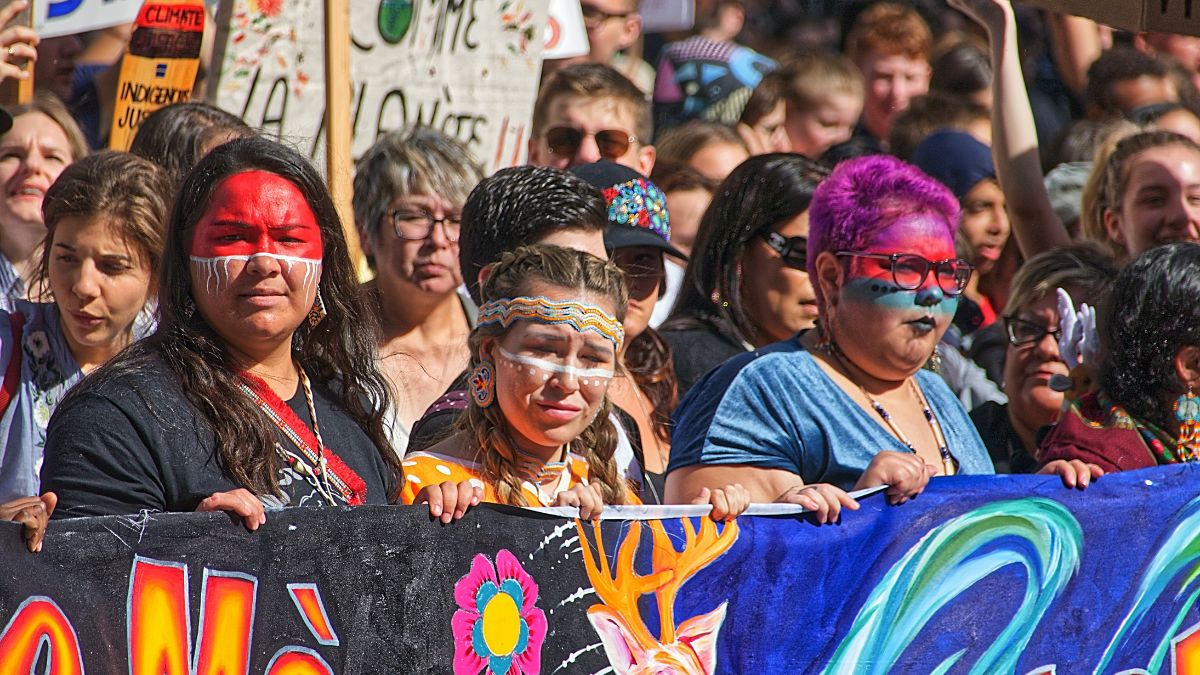 Andrew Hetherington, a member of the IFoA's Sustainability Early Careers Board, considers some of the key initiatives launched during the second week of COP27.
Andrew Hetherington, a member of the IFoA's Sustainability Early Careers Board, considers some of the key initiatives launched during the second week of COP27.
COP27 has drawn to a close. Some delegates have come away excited by the progress made – in particular, a breakthrough agreement on a global ‘loss and damage’ fund that will provide financial assistance to developing countries that have suffered the most from the impacts of climate change. Others though are disappointed by what they see as a lack of collective ambition to go further and to step up commitments to achieve key objectives, such as the phasing out of fossil fuels.
Time will tell whether this year’s COP will be remembered for its successes or its failures. The IFoA’s Sustainability Early Careers Board will be posting its own personal reflections on the conference in the coming days. In the meantime, here’s a quick round-up of some of the key announcements made, and initiatives launched, during the second week of COP27.
Gender plays a role within climate negotiations due to the fact that existing gender inequalities can be exacerbated by the impacts of climate change. In addition, women are more likely to be under-represented in the decision-making that will go on to have a real impact on their day-to-day lives.
Announcements related to this essential topic included the US Agency for International Development pledging $21.8 million towards gender-responsive climate action. In practice, this money will be used for causes such as scaling-up women’s access to jobs in the ‘green industry’ sector and addressing gender-based violence connected to climate change (including acts such as harassment, abuse, economic deprivation and sexual exploitation, among others).
Water occupies a somewhat paradoxical position in the climate debate. An excess of water from floods or rising sea levels can lead to people losing their homes, their livelihoods and even their lives. On the other hand, we’re likely to be increasingly threatened by its scarcity in a world where droughts could become a regular occurrence.
One notable water-related initiative announced at COP27 was AWARe (Action on Water Adaptation and Resilience Initiative). AWARe seeks to reduce water losses worldwide, to develop and implement policies and actions to help nations adapt their water supplies for the future, and to promote the simultaneous consideration of both water and climate action. There is expected to be a particular focus on the African region, given that many populations there have only precarious access to a water supply.
Action for Climate Empowerment (ACE) and Civil Society
The ACE and Civil Society thematic day encouraged exploration of the role of community groups, non-governmental organisations, charities and other similar groups in the fight against climate change. These groups can put significant pressure on public and private sector organisations to deliver on their climate commitments. The ACE and Civil Society thematic day offered opportunities for these groups to brainstorm solutions to common challenges and to build relationships in order to work together more effectively to achieve shared goals.
Energy production accounts for the majority of global greenhouse emissions, but millions of people around the globe don’t yet have access to energy. By moving towards a sustainable mix of fuels for energy generation, we can provide more people with energy access, and hence improve living standards, while balancing this with the environmental need to reduce the resulting greenhouse gas emissions.
African nations tend to be disproportionately impacted by a lack of access to energy, which makes the announced launch of the Africa Just and Affordable Energy Transition initiative all the more significant. This initiative seeks to provide affordable energy to over 300 million Africans by 2027, while also improving access to clean cooking fuels and increasing the proportion of energy generated from renewable sources.
Biodiversity is an increasingly frequent consideration in climate talks, as we come to terms with the impact of an unmitigated ‘anthropocene’ (a proposed name for the period of time from which human activity began to have a significant impact on the Earth’s ecosystem).
Some notable points from COP27 on this topic include the World Wildlife Fund publishing the Living Amazon Report 2022. It details how the Amazon rainforest has begun to show signs of nearing a ‘point of no return’, beyond which the damage done to the region through unsustainable agriculture, deforestation and other extractive activities may become irreversible. More positively, Brazil did announce the revival of the Amazon fund, which aims to promote the sustainable use of the Amazon rainforest’s resources.
A number of discussions held on Solutions Day were about developing more sustainable transport and cities. At COP26, several countries signed up to an initiative called the Zero Emission Vehicle Declaration, in which participating governments, cities and manufacturers pledged to only build zero-emission cars and vans (where no pollutants or exhaust gases are emitted by the engine) from 2040 onwards. At COP27 it was announced that the declaration now has over 200 signatories, including some notable new inclusions such as the governments of France and Spain.
This third blog post completes our summary of some of the most significant discussion points and initiatives from COP27, but there’s more to come – in a few days’ time, members of the IFoA’s Sustainability Early Careers Board will return with their personal reflections on this year’s conference.
As the discussions at COP progressed, the IFoA's Sustainability Early Careers has been posting regular updates on the IFoA blog. The board's members also post regular updates on the Sustainable Finance Community group on LinkedIn. Keep up to date by bookmarking the IFoA’s blog, joining the discussion within the LinkedIn group, or signing up for the Sustainable Finance Community newsletter.